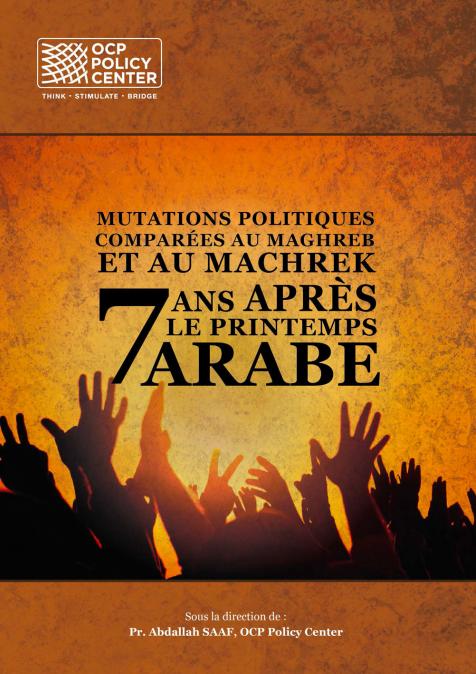Publications /
Policy Paper
The “Global Compact for Safe, Orderly and Regular Migration” was adopted in Marrakesh on 10 and 11 December 2018, after 18 months of consultation and negotiation. It is presented as the first United Nations’ agreement on a comprehensive approach to international migration in all its aspects. Although it aims to become the cornerstone of global governance of international migration, sought by the international community, it is however coming up against contradicting national priorities. They are depending on each State’s migration issues; at the mercy of opposition between North and South, the countries of origin and countries of destination.
Furthermore, the Compact illustrates a change in the objectives of global governance of migration, which were originally placed in the post-War context, under the human rights label. At the beginning of the 1990s and the end of communist regimes, migration was perceived as a risk for the stability and security of States. The United Nations then renewed its approach by rather emphasising the positive contribution of migration as a development factor. By highlighting the costs and benefits of migration flows, this approach can reconcile border control policies and the fight against irregular immigration in Northern countries.
The instruments of global governance of migration illustrate this change. The rights-based approach resulted in the 1990 International Convention on the Protection of the Rights of All Migrant Workers and Members of Their Families. This approach was limited by the refusal of Northern countries to ratify it. Nearly 30 years later, the Global Compact for Migration is pursuing a more pragmatic approach. The agreement is non-legally binding. It reflects a preference for soft law instruments that are able to respond to issues in a more targeted and flexible manner.
The challenge of the Compact goes beyond mere migration issues and affects the role of the United Nations’ (UN) against a background of questioning multilateralism. The managerial approach to migration promoted by the Compact allows the UN to play a technical support role to States on a voluntary basis. This also leads to a development of different agencies, giving a key role to the International Organisation for Migration (IOM).




